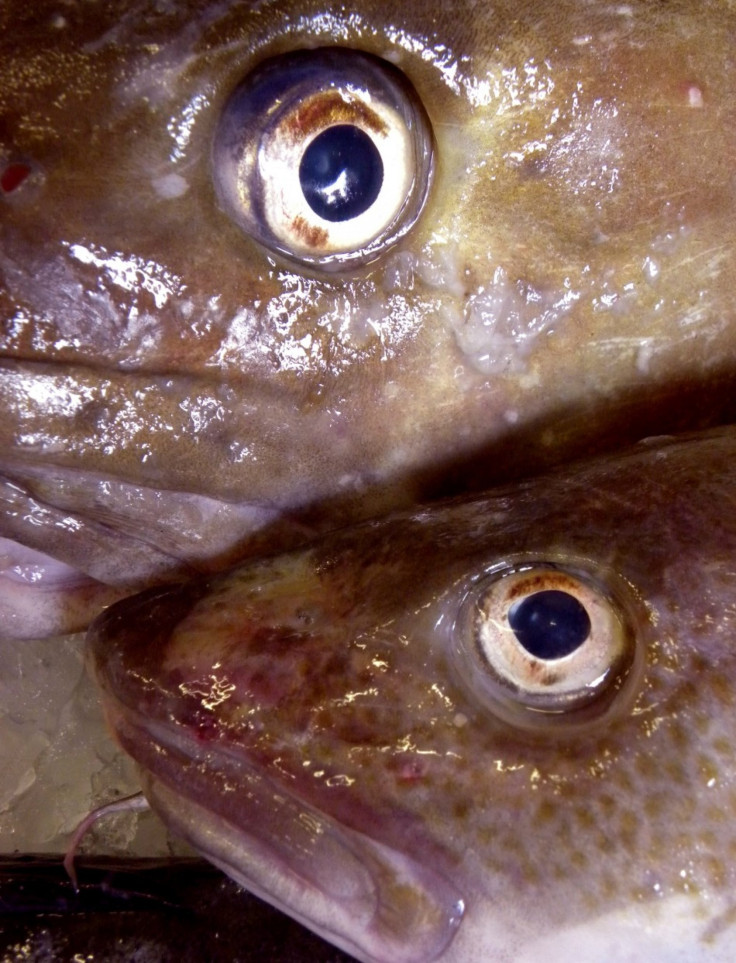Atlantic Cod Decoded, Found to Lack Critical Genes for Immune System: Study

A new study of the Atlantic cod genome has revealed that the fish species lacks critical genes that used to be part of its immune system.
The original goal of the study, conducted by an international team of researchers, was to decode the first complete sequence of the fish's genome. The decoding was a success, but scientists now will focus on the Atlantic cod's unusual immune system.
"We had not expected to find that the Atlantic cod had lost such a crucial component of its immune system," lead investigator Kjetill S. Jakobsen said in a statement released Thursday.
The researchers believe that over time, the Atlantic cod's immune system evolved into one that lacked immunity-related genes identified as MHC II, something found in almost all jawed vertebrates - or backboned animals. Instead, the fish species now relies on MHC I genes and "Toll-like" receptor genes for its immune system. As a result, Atlantic cod is protected against common diseases when living under "natural conditions," according to the study.
Using 454 Sequencing Systems from Roche, a Switzerland-based biotech company, the researchers were able to decode the Atlantic cod genome by matching it against the genes of the stickleback fish species. The sequencing process identified 22,154 genes.
With the discovery of the Atlantic cod's unique immune system, the study may shed light on how to properly target vaccine development in humans.
"This has some implications for medical research. ... Maybe we can regulate the human immune system differently and maybe that could be treatment against certain diseases, multiple sclerosis for example," Jakobsen recently told The Guardian.
Complete details of the study are available on the Nature Web site.
Facts about the Atlantic Cod:
The Atlantic Cod, known in Latin as Gadus morhua, is commonly found on both sides of the North Atlantic, including parts of North Carolina.
Atlantic cod can live for up to 25 years, with sexual maturity occurring between 2 to 4 years old.
Commercial cod landings have experienced significant decreases in recent years. The Northeast Fisheries Science Center estimated that Atlantic cod landings from the Georges Bank and Gulf of Maine stocks decreased by 17 percent in 2005, with 6,957 mt. More than 8,000 mt. of cod were caught in 2004.
Earlier this year, a study involving more than 100,000 Atlantic cod indicated that the fish population in Norwegian waters is being threatened by climate change.
© Copyright IBTimes 2024. All rights reserved.




















